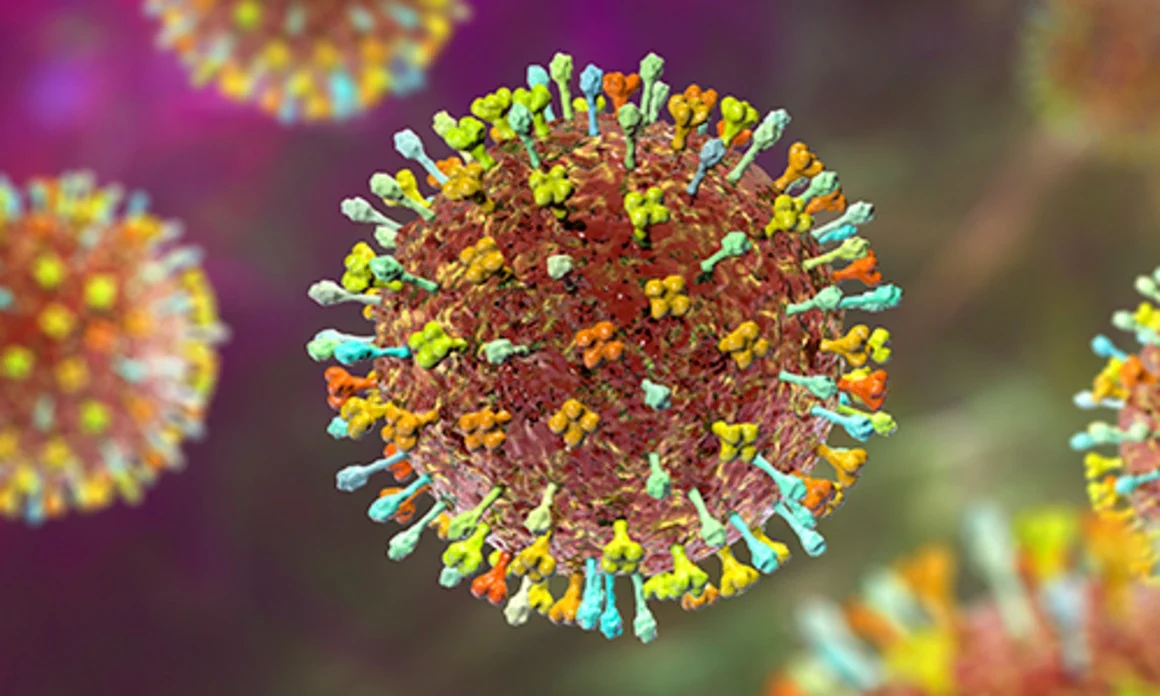In a concerning development, a 14-year-old boy in Kerala has tested positive for the Nipah virus. The confirmation came from Kerala’s Health Minister, Veena George, who addressed the media about the situation. This case has triggered an urgent response from the state government to prevent a potential outbreak.
Nipah Virus Confirmed in Malappuram
The infected boy, hailing from Malappuram district, displayed symptoms consistent with Nipah virus infection. Upon confirmation, health authorities swiftly isolated the patient and began tracing contacts. This is the first confirmed case in the region, raising alarms among health officials and the public alike.
High-Level Meetings and Preventive Measures
In response to the confirmed case, Health Minister Veena George convened a high-level meeting to discuss and implement preventive measures. The meeting focused on strategies to contain the virus and prevent its spread. Key decisions included enhancing surveillance, establishing isolation wards, and ensuring that healthcare workers are adequately protected with personal protective equipment (PPE).
Government’s Action Plan to Combat the Nipah Virus
The state government has outlined a comprehensive action plan to address the situation. This includes the following steps:
- Contact Tracing: Health officials are meticulously tracing all contacts of the infected boy to identify and isolate anyone who may have been exposed to the virus.
- Isolation Wards: Dedicated isolation wards have been set up in hospitals to treat suspected Nipah virus cases, ensuring they are kept separate from other patients.
- Public Awareness: The government is actively disseminating information about the virus, its symptoms, and preventive measures through various media channels to educate the public and reduce panic.
- Travel Restrictions: Movement in and out of affected areas is being monitored, and necessary travel advisories have been issued to prevent the spread of the virus to other regions.
Nipah Virus: A Deadly Threat
The Nipah virus, a zoonotic pathogen, is transmitted from animals to humans, often through contaminated food or direct contact with infected animals. Human-to-human transmission is also possible, making it a significant public health concern. Symptoms of Nipah virus infection include fever, headache, drowsiness, respiratory issues, and in severe cases, encephalitis, which can be fatal.
Community Response and Support
Local communities are urged to cooperate with health authorities by adhering to safety guidelines and reporting any suspected cases immediately. The government has assured the public that all necessary measures are being taken to control the situation and has appealed for calm and cooperation.
